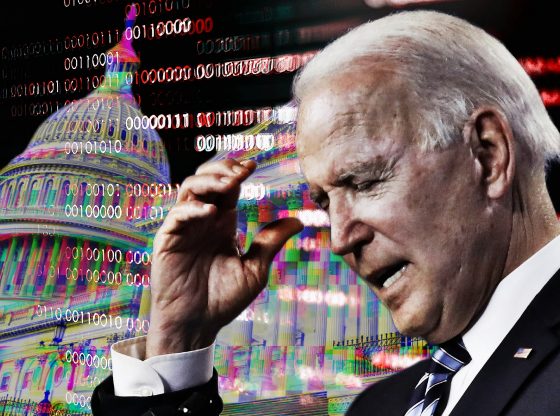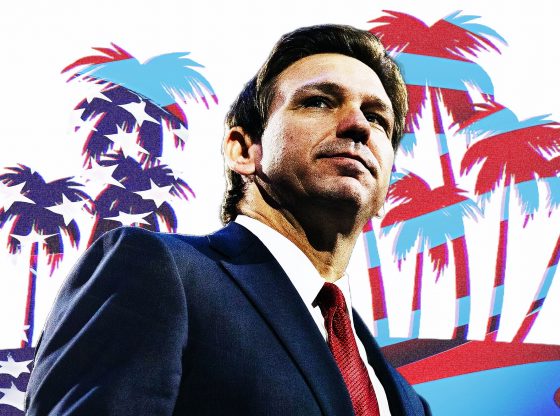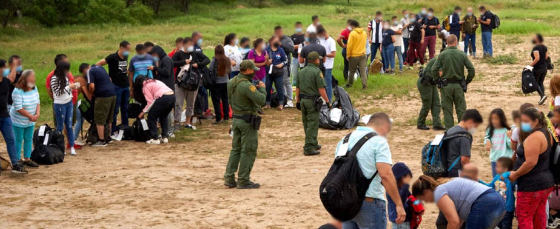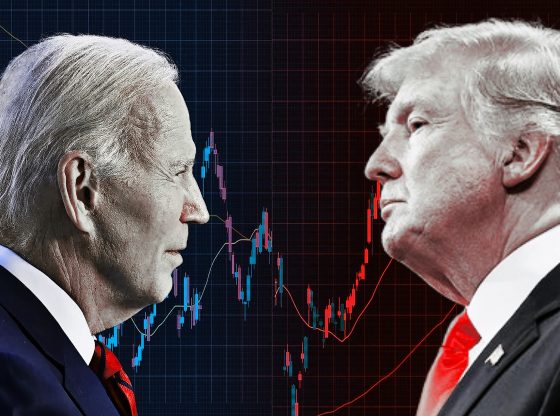China is undoubtedly an advanced nation. Their belonging to BRICS (Brazil, Russia, India, China, and South Africa), their equivalent to NATO, should be a major cause for concern. The population of these countries is over half the worlds total population, with India and China being the two main contributors. A war of this nature would not only be a blood bath, but it would also change the landscape of trading forever.
“If you were to rank them, I would put Taiwan first, South China Sea second, the Senkaku Islands third and then elsewhere in the world,” James Anderson, the acting Under Secretary of Defense for Policy during the Trump Administration, said, adding that the Sea of Japan could also serve as the flashpoint for conflict with China.
President Biden, in May, reiterated this stance when he told a reporter that defending Taiwan, even militarily, was “the commitment we made.”
Proximity to China would provide Beijing a significant advantage, similar to how Russia saw a swing in momentum during its Ukraine invasion once it shortened its supply lines to focus only on the territories just beyond its western border in the Donbas region.
Even with that advantage though, China faces a significant conflict that Dr. John Lee, a senior fellow at the Hudson Institute and former Senior National Security Advisor to Australian Foreign Minister Julie Bishop, said would prove “a very bloody affair for both sides.”
China holds a manpower advantage over the U.S., with China’s 2.8 million soldier army outranking the U.S. alone, according to Brookings Institution, but a naval and air combat operation would severely limit that advantage.
“At this stage, China has air and sea dominance over the Taiwan Strait but cannot land troops successfully on Taiwan,” Lee said. “If it achieves the capacity to do so, then China will see the military option as a more attractive one.”
Matt McInnis, of the Institute for the Study of War, noted that China’s goal will largely dictate its coordination and deployment: Any attempt to secure islands in the contested seas and straits would likely choke point the Chinese forces, leaving limited use for troop deployments.
“Depending on your objectives and what they aim to achieve through naval and air forces, you would potentially have some use for Marines to hold certain smaller pieces of territory and some smaller islands,” McInnis said, adding that Beijing would only proceed with an invasion once it felt reasonably confident American forces could not deploy quickly enough to the region.
Anderson noted that China has closed the gap in other military domains, but has not yet overtaken the U.S., acknowledging that China has “the largest number of ships in the world today,” but that the U.S. still has the advantage in terms of quality, and the same holds true for a “superior” U.S. Air Force.
The U.S. also can rely on regional partners. China, on the other hand, has few allies to turn to, largely looking toward countries like Russia to help it “deflect” economic pressure that the U.S. and its allies, according to McInnis.
“China seeks to prevail by convincing the US and allies that it is not ‘worth it’ to defend Taiwan, that the cost would be too great,” he said. “China’s problem is that it has revealed its broader intentions, which is to dominate East Asia: Hence, a successful Chinese seizure of Taiwan would embolden China to push further rather than lead to a more satisfied power.”
While the United States feels it has the responsibility to maintain Taiwan’s existence in the face of Chinese aggression, much of the Western world is ambiguous on whether Taiwan is an official country, with many favoring the One-China policy. While the United States has recently taken an interest in protecting Taiwan, there’s a large difference between military intervention, and basic support financially. The United States is forced to walk and similar line we’ve done with Ukraine, where the United States can’t fight in their war, but the United States assists Taiwan’s military in funding.
















Are these “experts” all gender studies majors from Harvard? Bet their next prediction is that the sun’s surface is too hot to touch.
Expert someone who professes of a subject he has never practised, never demonstrated mastery of, and has no concrete accomplishments to his name that anyone can point to. See Henry Kissenger, McNamara and his wizz kids.